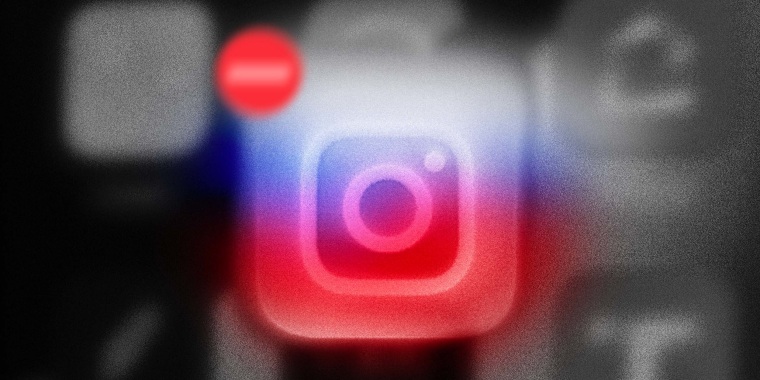Russia’s recent ban on Instagram, Facebook and Twitter is having the worrying effect of moving these platforms into the public’s good graces following years of justifiable criticism.
Reader, I’m here to caution you: not so fast.
We should loathe censorship or repression. But social media platforms have not proven themselves to be liberators through-and-through. And during a time of war — especially during a time of war, I believe — we need to be careful not to heap undue praise on these sites, even as we appreciate their potential use for good. People across the globe and Americans, especially, can’t afford to undo years of escalating pressure.
That means recognizing that Facebook, Twitter and Instagram could maybe, hopefully, possibly be used to help Ukrainians, but also admitting that these platforms have been used to oppress it. This was the case when “troll armies” were used to gin up online support for Russia’s annexation of Crimea in 2014.

So Meta, the parent company of Facebook and Instagram, may be donating $15 million in humanitarian aid to Ukraine and neighboring countries — but don’t lose track of the damage it’s already done.
That duality — the good and the evil in social media — hasn’t just been on display in the Russia-Ukraine conflict, though. It’s a worldwide phenomenon. We witnessed that same duality in North Africa and the Middle East when protesters used social media to spark the Arab Spring, a democratic movement, only for the Islamic State terrorist group to use those same platforms to advance a caliphate in the region years later.
Facebook has become a primary distributor of online content in Myanmar, where a large number of people have gained internet access in recent years. Government and military leaders there have taken advantage by using Facebook to encourage genocide against the Rohingya people, leading to forced migrations, murders and deaths. A 2018 report from Facebook found the platform was used “to foment division and incite offline violence” in Myanmar. Unsurprisingly, that remains an issue in the country today.
Americans know well the pleasure and pain social media can bring, too. Russia’s meddling in the 2016 election exposed Americans to the ways social platforms can be used to do harm.
And while many of us accept this danger in order to satisfy our desires to remain online, the hope is that we’d always do so with a healthy skepticism of the social platforms we use.
That skepticism is warranted now more than ever.
